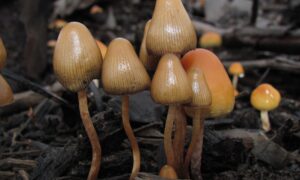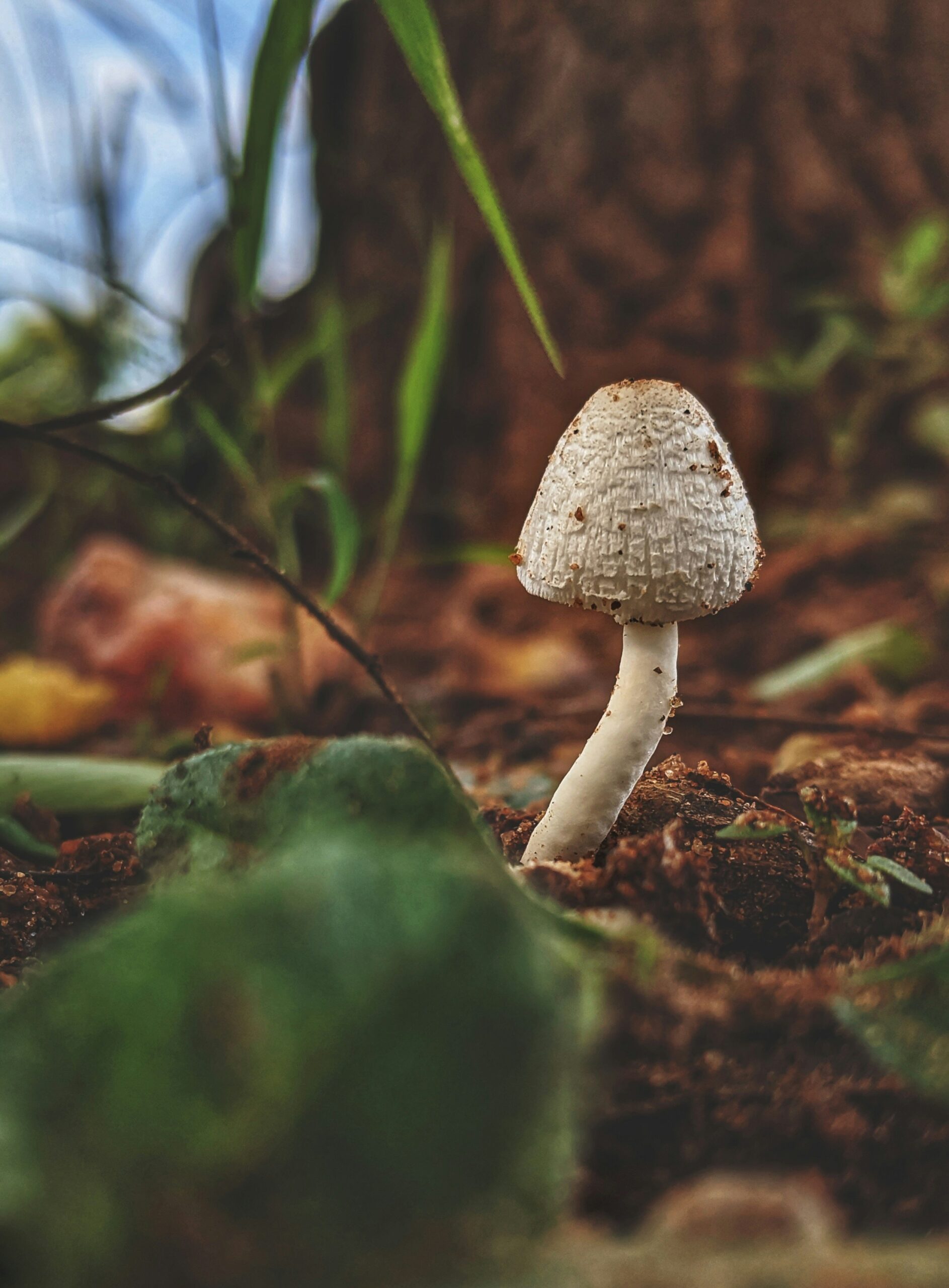Introduction:
In recent years, the concept of mushrooms psychedelics has emerged as a fascinating phenomenon in the realm of mental health and wellbeing. While the use of psychedelics for therapeutic purposes is not a new concept, the practice of mushrooms —ingesting sub-perceptual doses of psychedelic substances—has gained traction as a potential tool for enhancing mood, cognition, and overall psychological resilience.
This burgeoning interest in mushrooms stems from anecdotal reports of individuals experiencing subtle yet profound benefits, ranging from increased creativity and productivity to enhanced emotional well-being and greater clarity of thought. But what does science have to say about the potential therapeutic effects of mushrooms psychedelics?
In this exploration, we’ll delve into the scientific research surrounding mushrooms , shedding light on its mechanisms of action, potential benefits, and considerations for safe and responsible use. From the neurobiology of psychedelics to the emerging evidence supporting their therapeutic potential, we’ll uncover the fascinating intersection between psychedelics and mental health.
Join us on this journey as we navigate the complex landscape of mushrooms psychedelics, seeking to understand its potential role in promoting mental mojo and unlocking new pathways to personal growth and well-being
Psychedelics have long been associated with counterculture and recreational use. However, in recent years, there has been a growing interest in the potential therapeutic benefits of these substances. One particular approach that has gained popularity is microdosing, which involves taking very small doses of psychedelics to enhance cognitive function and overall well-being.
What is Microdosing?
Microdosing refers to the practice of taking sub-perceptual doses of psychedelics, such as LSD or psilocybin mushrooms. Unlike a full dose, which can produce intense hallucinations and altered states of consciousness, microdoses are typically one-tenth to one-twentieth of a typical recreational dose. The goal is to experience the benefits of psychedelics without the overwhelming effects.
Microdosing is often done on a regular schedule, such as every few days or once a week. The effects are subtle and may not be immediately noticeable, but proponents claim that it can lead to increased focus, creativity, and overall mental well-being.
The Science Behind Microdosing

While the use of psychedelics for therapeutic purposes is still being researched, there is growing evidence to suggest that mushrooms may have some benefits. One theory is that psychedelics work by promoting neuroplasticity, the brain’s ability to reorganize and form new neural connections.
Research has shown that psychedelics can increase the production of brain-derived neurotrophic factor (BDNF), a protein that plays a crucial role in the growth and maintenance of neurons. This increase in BDNF levels may help to enhance cognitive function and improve mood.
In addition to promoting neuroplasticity, psychedelics may also have anti-inflammatory effects. Chronic inflammation has been linked to a variety of mental health conditions, including depression and anxiety. By reducing inflammation, psychedelics may help to alleviate symptoms and improve overall mental well-being.
Potential Benefits of Microdosing
Advocates of microdosing claim that it can have a range of benefits, including:
- Increased creativity: Many people report enhanced creativity and problem-solving abilities while microdosing.
- Improved focus: mushrooms may help to increase focus and concentration, making it easier to complete tasks and stay on track.
- Mood enhancement: Some individuals find that mushrooms improves their mood and overall sense of well-being.
- Reduced anxiety and depression: Preliminary research suggests that mushrooms may have potential as a treatment for anxiety and depression.
- Enhanced introspection: mushrooms can lead to a heightened sense of self-awareness and introspection, allowing individuals to gain new insights and perspectives.
Risks and Considerations
While many people report positive experiences with microdosing, it is important to approach it with caution. Psychedelics are still classified as illegal substances in many countries, and their long-term effects are not yet fully understood.
It is also crucial to note that individual responses to microdosing can vary significantly. What works for one person may not work for another, and some individuals may experience negative side effects, such as increased anxiety or paranoia.
If you are considering microdosing, it is essential to do thorough research, consult with a healthcare professional, and ensure that you are obtaining your substances from a reliable and reputable source.
Conclusion
Microdosing is an intriguing approach that holds promise for enhancing cognitive function and overall well-being. While more research is needed to fully understand its effects and potential risks, the growing body of evidence suggests that microdosing may have some benefits.
If you are interested in exploring microdosing, it is essential to approach it with caution, do thorough research, and consult with a healthcare professional. Remember, psychedelics are still illegal in many places, and their use should be approached responsibly and with respect for the law.
As the field of psychedelic research continues to evolve, it is exciting to see the potential therapeutic applications of these substances being explored. Microdosing may be just one piece of the puzzle, but it offers a fascinating glimpse into the science behind psychedelics and their potential to enhance our mental mojo.

